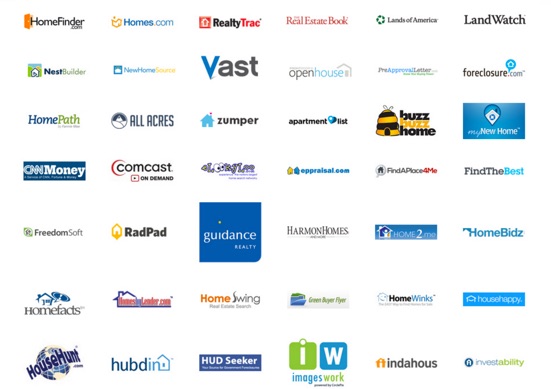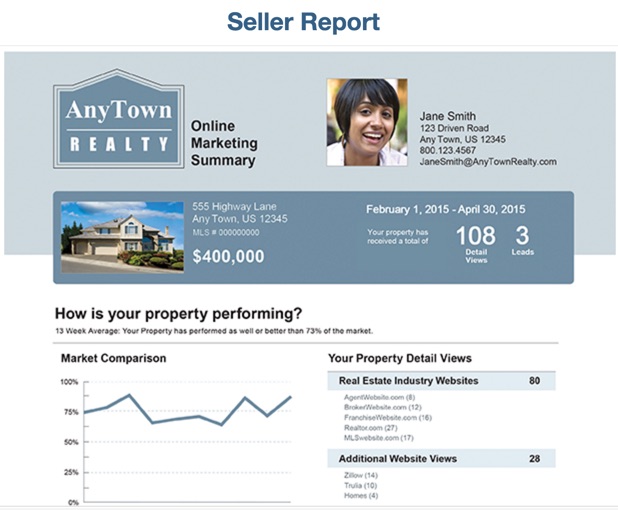You are viewing our site as a Broker, Switch Your View:
Agent | Broker Reset Filters to Default Back to ListListing Syndication Basics for Brokers
April 08 2016
Listing syndication is among the most important services provided by MLSs to support brokers in marketing their property online. Indeed, it is akin to the value of IDX, given that there is almost equal parity between the consumer traffic to broker and agent websites and their advertising counterparts, like portals. New people in the industry may need to be informed about what listing syndication is and how it works. And, some of us old folks may need to be reminded.
 Listing syndication is a process whereby a broker authorizes their listings to be sent to certain places like online portals. There are literally hundreds of online websites where brokers can list their properties for free. The leader in listing syndication is a product called ListHub, offered and operated by MOVE – the same people that operate Realtor.com.
Listing syndication is a process whereby a broker authorizes their listings to be sent to certain places like online portals. There are literally hundreds of online websites where brokers can list their properties for free. The leader in listing syndication is a product called ListHub, offered and operated by MOVE – the same people that operate Realtor.com.
Listing syndication is normally a broker opt-in service. In other words, a broker's data should not ever be sent to one of these companies unless the brokerage authorizes it. I say normally because there are some unusual cases where the default is broker opt-out rather than broker opt-in. Check with your MLS.
The ListHub product is not only offered by MLSs. I believe that just about every franchise organization also uses their service to syndicate from their database to some publishers, too. In that case, the franchise determines where the data goes, but typically the broker can turn it off.
Brokers control ListHub through something called the ListHub Dashboard. It is an invaluable resource that has an on-off button that brokers can use to authorize the syndication of their data to hundreds of places. There is also a brief description of each website and even a scorecard that illuminates what those publishers do or do not do with the broker's data.
Some of the key considerations for brokers in choosing online publishers include display rules, lead rules, link backs, and data licenses. Generally, most brokers like to only see their company and listing agent on the listings, get all of the leads routed back to the broker, have a clickable link back to the broker website, and make sure that the listing is removed and not reused for some other purpose when the ad ends. Be really careful when you syndicate, as you never know what you are getting yourself into. Many of these publishers have terms of use that give them the right to do anything they want with your data, but the broker is legally responsible for all liabilities. Yikes!
Last April, Zillow Group stopped receiving data from ListHub – so brokers will need to find an alternative method of getting listings to their sites.
One of the best features of the ListHub product that you should consider is the Seller Report. This report allows the agent to send the number of views and leads on the listing to the seller. It is a terrific way to reinforce the online advertising to reach buyers.










